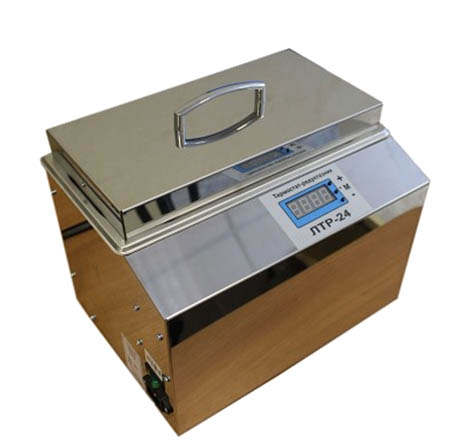Research Institute of the Ministry of Health found out that Russians take antibiotics incorrectly

Half of the Russians (49.1%) who have taken antibiotics over the past 12 months have been self-medicating, the Central Research Institute of Organization and Informatization of Healthcare of the Ministry of Health (TsNIIOIZ) found out, the Kommersant newspaper writes.
The study was commissioned by the department in November last year, it was attended by 2725 people (45.6% of men and 54.4% of women).
It turned out that 54.6% of respondents took antibiotics over the past year. In 72.5% of cases, citizens used these drugs incorrectly: either they didn’t do it according to the doctor’s prescription, trying to be treated for ARVI, flu, COVID-19 , cough, sore throat, headache, diarrhea, or interrupted the course ahead of time.
At the same time, the vast majority of study participants (87.9%) knew that frequent and incorrect use of antibiotics reduces their effectiveness and is dangerous. In addition, in most cases, citizens bought medicines in pharmacies without a prescription, knowing that it was prohibited (65.5%).
Thus, 43.1% of respondents were at risk of developing antibiotic resistance, the newspaper writes.
Demand for a rare antibiotic to treat pneumonia skyrocketed in pharmacies Society
According to the chief freelance microbiologist of the Ministry of Health, Roman Kozlov, Russians have become more likely to be treated with antibiotics during the pandemic. In the first waves, the number of cases of taking these drugs increased by 28.4%. Experts attribute their enthusiasm to the ignorance of patients. Some citizens do not know that these are antibacterial drugs and are useless for viral infections, Kozlov notes. At the same time, the indiscriminate use of antibiotics leads to the emergence of bacteria resistant to them, he warns.
Read on RBC Pro Lumpens of the 21st century: why the crisis will eat the middle class in Russia "Broken" genes:how to know for sure your predisposition to cancer What scares people off in job advertisements Why India's shadow economy is being legalized - The EconomistRoszdravnadzor recalled that administrative responsibility is provided for the dispensing of prescription drugs without a doctor's prescription, including antibiotics, and called on pharmacies to strictly comply with the law, and citizens to be responsible for their health and not self-medicate.
At the end of December last year, the World Health Organization (WHO) announced that due to a surge in respiratory diseases after the lifting of anti-coronavirus restrictions, there is a shortage of antibiotics, including penicillin and amoxicillin. In particular, the shortage of the latter was recorded in the United States and Canada, there are not enough antibiotics in 25 of the 27 EU countries, the Financial Times newspaper wrote.



























































